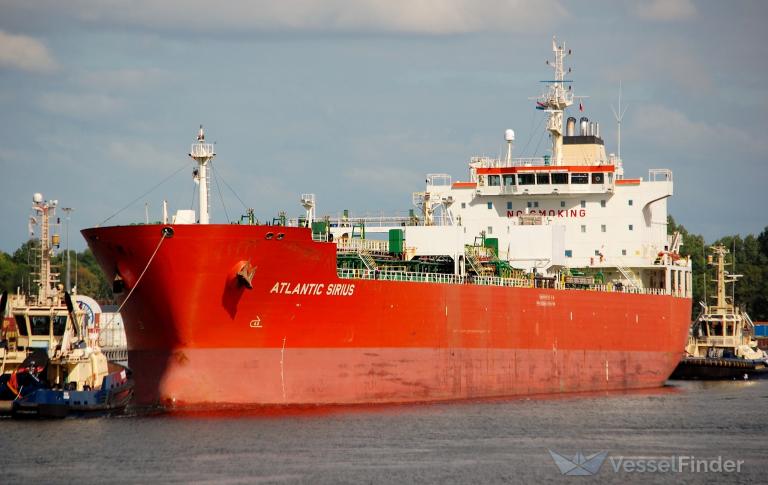Easterly Asset Management’s (Easterly) Maritime Logistics Equity Partners (MLEP), formed in 2021 to acquire maritime shipping assets, announced today that it has acquired four additional vessels through MLEP’s second chemical tanker investment tranche. This acquisition brings the MLEP fleet to 11 ships. The newly purchased vessels are all coated chemical tankers and become the largest chemical tankers in the MLEP fleet.
The four new vessels are:
- Easterly Sirius (built 2010, 36,667 DWT)
- Easterly Symphony (built 2009, 36,667 DWT)
- Easterly Jupiter (built 2009, 36,667 DWT)
- Easterly Canyon (built 2009, 26,667 DWT)
“The new MLEP acquisitions show the appeal of our focus on benefitting from the substantial dislocations and opportunities in international shipping markets by acquiring chemical tankers,” said Michael Collins, Managing Director, and Global Head of Distribution for Easterly Asset Management. “We have already seen with our first seven ships that the demand for such tankers has the potential to generate a high level of income for investors, and we continue to seek new investment opportunities in the shipping sector.”
Launched in September 2021, MLEP is seeking to take advantage of the limited supply and growing demand for chemical tankers, a low future orderbook for new ship construction, and increases in trade and day rates. In addition to the newly acquired four chemical tankers, MLEP already owns seven stainless steel and coated tankers:
- Easterly Hawk
- Easterly Osprey
- Easterly Falcon
- Easterly AS Omaria
- Easterly AS Olivia
- Easterly Beech Galaxy
- Easterly Lime Galaxy
Both of MLEP’s investment tranches are designed to capitalize on shortages in tanker capacity brought about by growing global demand for the transport of bulk liquids such as palm oil, molasses, feedstock and other commodities and the limited construction of vessels to provide such transport since the end of a construction boom in 2008. Since then, shipbuilders have concentrated on other types of much larger vessels. Also, rising steel and labor costs now have new ship construction costs at 12-year highs. Finally, pending new industry rules stemming from IMO 2030 regulatory changes are adding further uncertainty.
MLEP’s strategy is to take advantage of this supply/demand imbalance by acquiring 10–15-year-old tankers that still have years of productive life remaining. MLEP is putting these ships out for hire through WOMAR, one of the largest independent chemical tanker pool operators in the industry. All 11 of the MLEP vessels are now in WOMAR tanker pools.
“This is a unique investment opportunity in that it not only addresses a true market dislocation in a difficult-to-access and opaque sector, but also provides downside risk protection through residual scrap steel valuations at the end of the vessels’ lifespans,” said Collins. “Working with an experienced partner such as WOMAR helps to maximize our ability to generate returns for our investors.”

